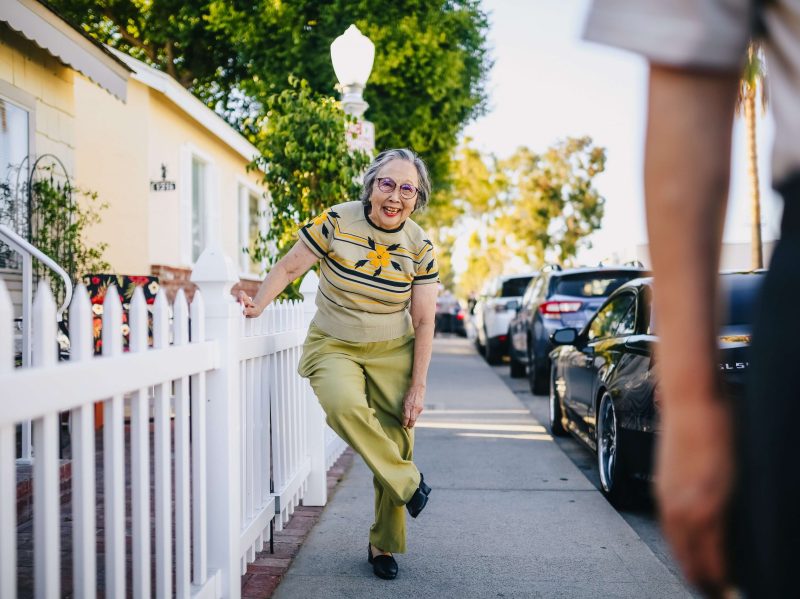If you have ever lived in an HOA community then you have probably had run-ins with a bad neighbor. These people tend to ruin the home value of your neighborhood and can drive good neighbors away. Most likely, no one is forcing these neighbors to be bad but at the same time, nobody is stopping them from becoming bad either.
Watch for red flags.
The residents around you can have a huge impact on how much your home is worth.
If you're looking to sell, you want to make sure you're buying in a neighborhood where other homes are selling at a high price point. If you're looking to buy, you'll want to know what the typical values are for homes like yours in the area.
But how do you know if your neighbors are bringing down property values? Here are five signs that your neighbors may be affecting home values:
1.They don't maintain their home's exterior.
2.They have excessive junk and clutter outside their house.
3.They have trash cans overflowing with garbage bags or boxes sitting outside their house for days at a time (or weeks).
4.They have loud parties that last late into the night on weekends (even if they don't live next door).
5.They park their vehicles in front of someone else's driveway or block someone else's driveway so they can't get out of their own driveway easily.
Know your rights as a homeowner.
Homeowner associations have rules and regulations that they must follow, but they don’t always enforce them correctly. You may have legal rights as a homeowner that can help you protect yourself from bad neighbors or HOAs who aren’t doing their job properly.
Complain early and often.
Complain early and often. If someone starts doing something that bothers you or your family, speak up as soon as possible. The longer an issue goes on unchecked, the harder it is to remedy. Talk directly with your neighbor about the problem and see if they can fix it right away. If not, then move on to step two.
Write a letter of complaint. Many HOAs have specific rules regarding how homeowners should conduct themselves within the neighborhood, so be sure to check the governing documents for details. If your neighbor's behavior violates any of these rules, write a letter detailing exactly what they're doing wrong and how it's affecting you (and other homeowners). Include copies of any relevant laws or guidelines from your HOA's governing documents so that it's clear how their actions violate those rules.
Cooperate with the HOA board and management company by submitting repair requests and following up on them until they're resolved satisfactorily.
Some homeowners don't understand that the HOA is responsible for maintaining common areas such as sidewalks, parking lots and landscaping. If you notice something that needs repair, contact your HOA immediately so it can be repaired quickly. Tenants in one of my properties recently called me about a problem with their mailbox — it was leaning at an angle and needed to be fixed or replaced. I took care of it right away because I didn't want them or their neighbors to trip over it while walking around the neighborhood or going out to their mailboxes at night.
If there's something wrong with your property that needs attention, contact your HOA immediately so it can be addressed quickly — especially if it's unsafe or unsightly. This is also true if there are problems with common areas such as public sidewalks, parking lots and landscaping within the community.
Stay informed about the rules and regulations in your community and follow them diligently so that you don't get caught up in disputes with other residents
The HOA might have rules about what color you can paint your house and whether you can park a boat or camper on the street. The HOA may also have rules about pet ownership and noise levels.
In addition to following the HOA's rules, it's important to be considerate of other people in your neighborhood. Stay informed about what's going on around you, follow these tips below and help keep the peace with your neighbors:
Make sure that your home is well-kept and attractive so that it doesn't detract from the appearance of other homes in your neighborhood.
Be aware of existing noise ordinances and don't blast music after 10 p.m. or so late at night if others are trying to sleep nearby. If there are children living nearby, particularly if they're young ones who go to bed early, try not make any loud noises before 8 p.m., when they will most likely be asleep anyway.




